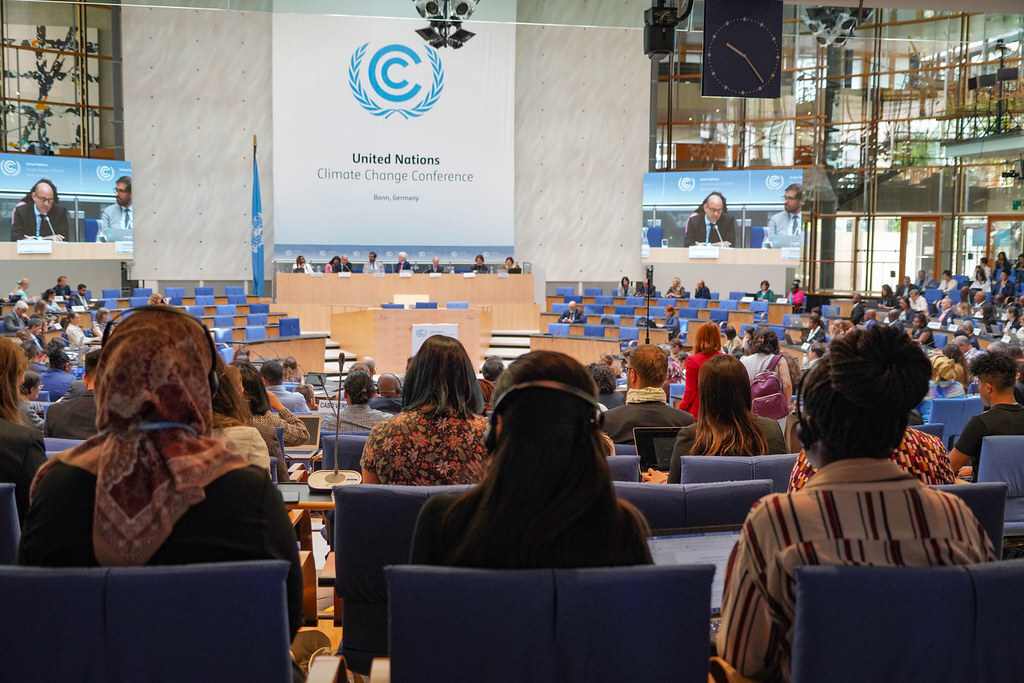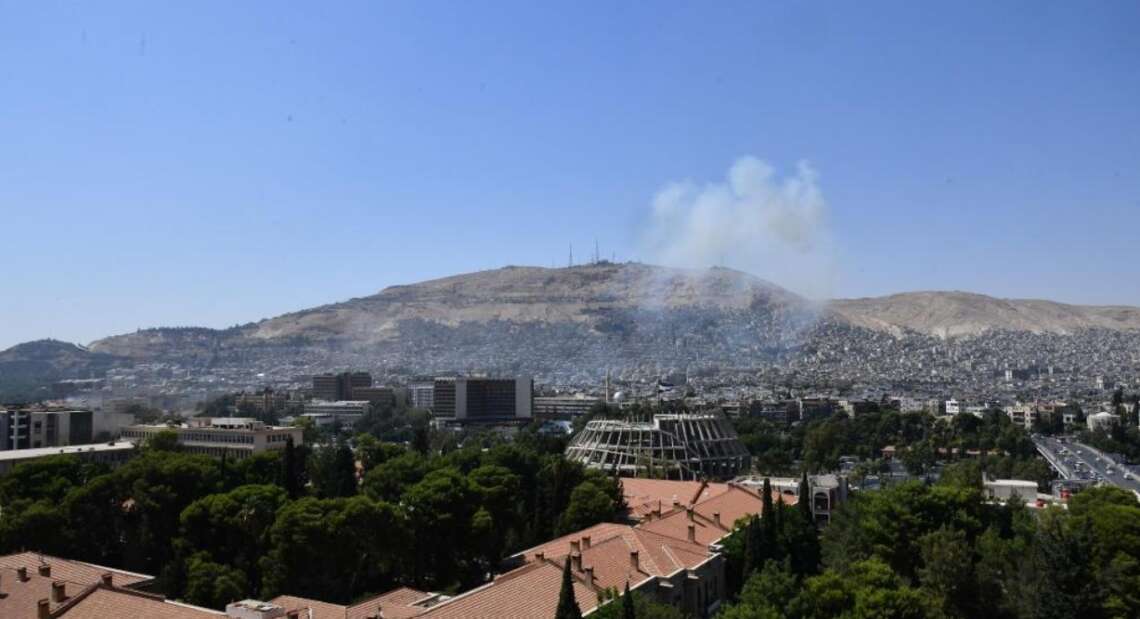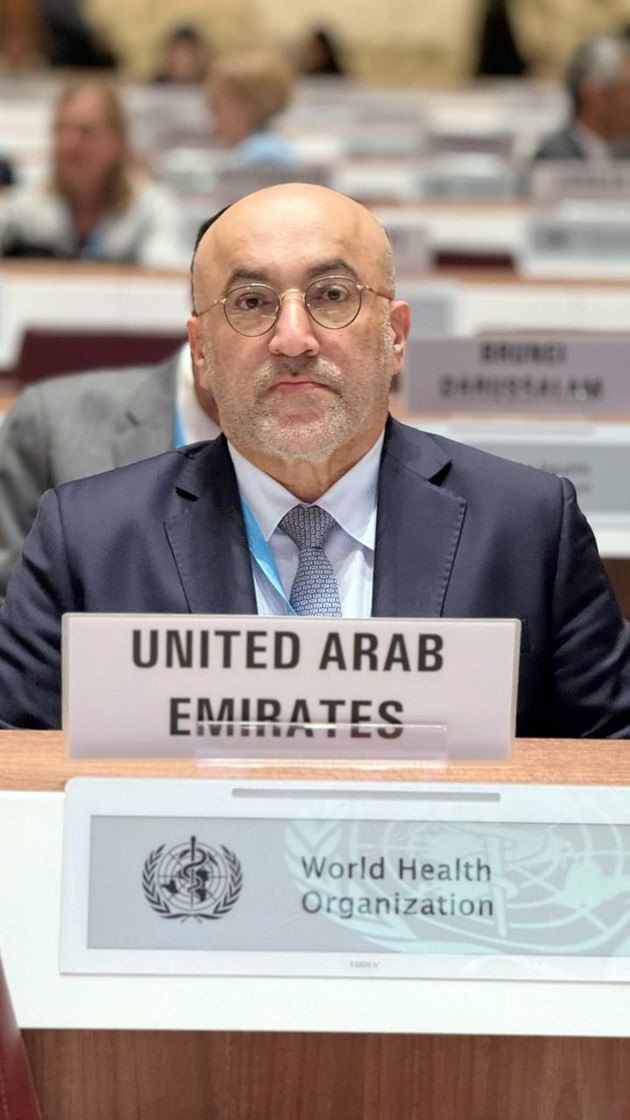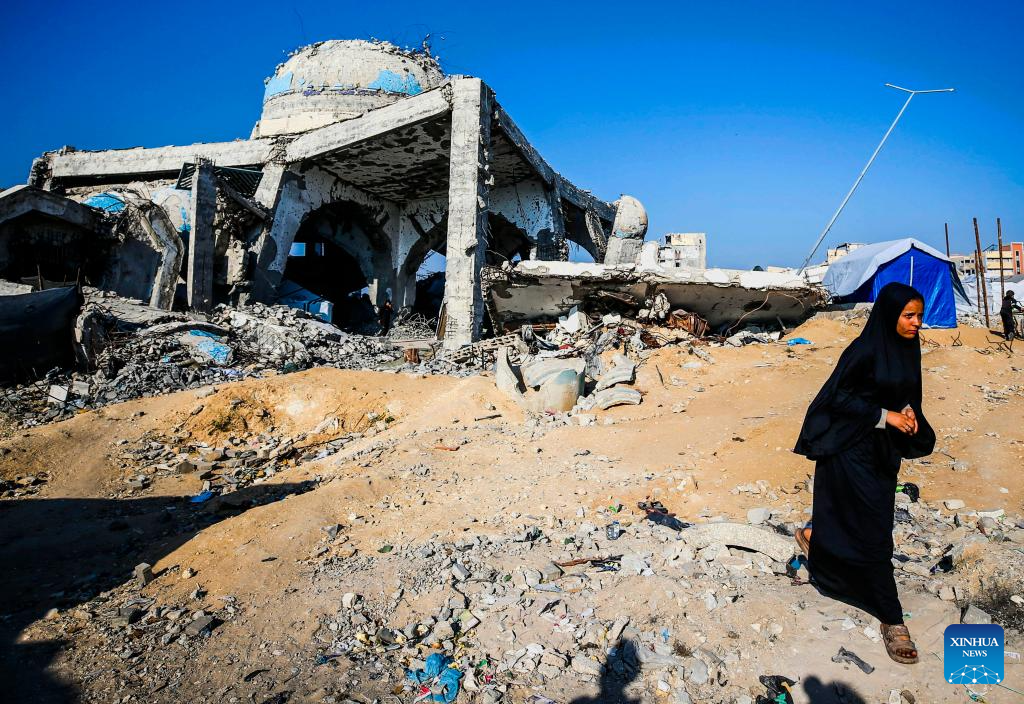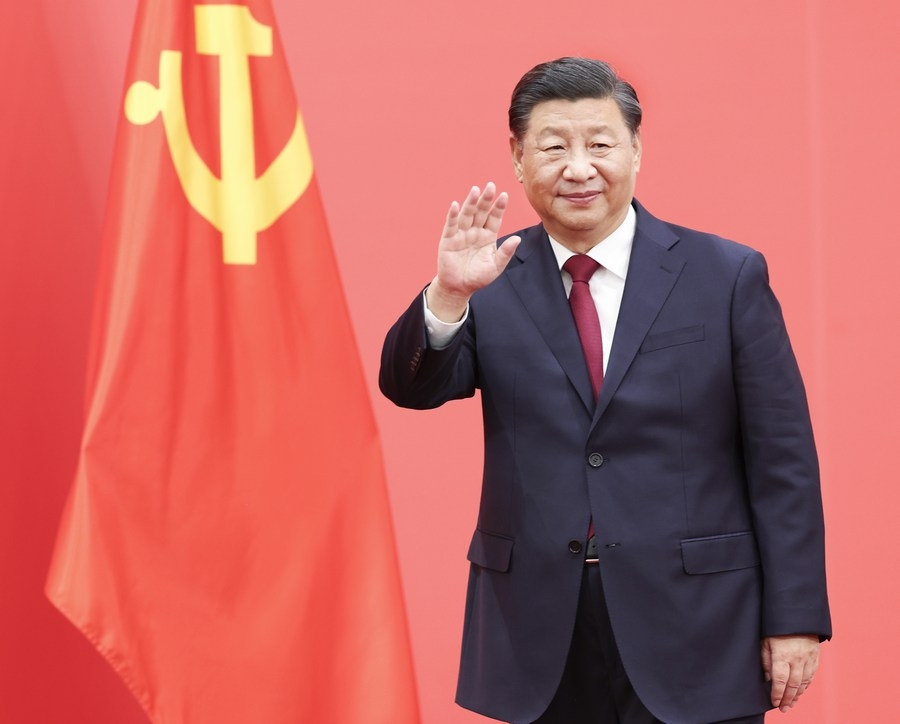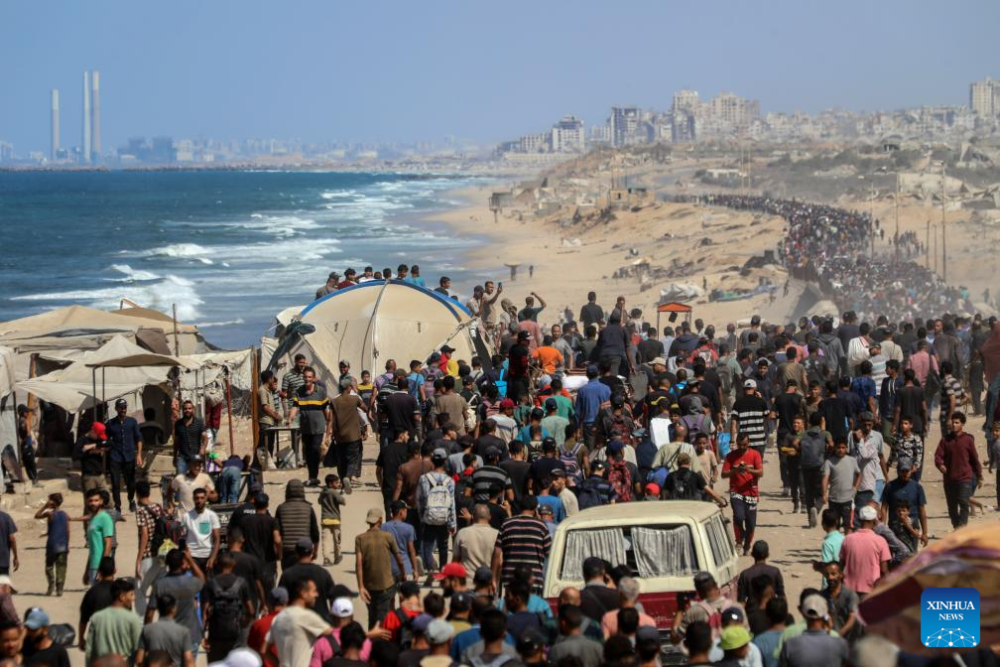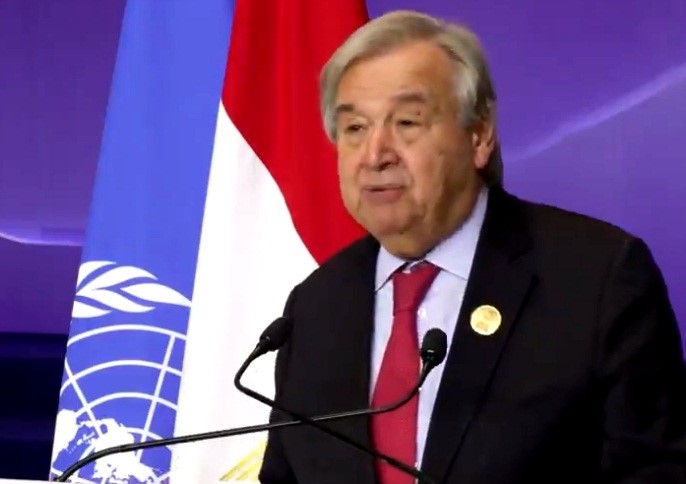This trend is seen across the three regions surveyed, with 59% of GCC youth, 51% in North Africa and 52% in Levant all saying it is less important to them…reports Asian Lite News
Arab youth say religion and their family or tribe define their personal identity, with most saying that preserving their religious and cultural identity is more important to them than creating a more tolerant, liberal, and globalised society.
This is one of the key findings under the theme ‘My Identity’ of the 15th annual ASDA’A BCW Arab Youth Survey, the most comprehensive study of its kind of the Arab world’s largest demographic, its over 200 million youth, conducted by ASDA’A BCW, the Middle East and North Africa’s leading communications consultancy.
When asked what defines their personal identity, ‘my religion’ and ‘my family/tribe’ were each named by 27% of respondents overall, followed by ‘my nationality’ (15%), ‘my language’ (11%), ‘my Arabic heritage’ (8%), ‘my gender’ (7%) and ‘my political beliefs’ (4%).
Religion was named as most important to personal identity by 30% of the respondents in Levant, 27% in North Africa, and 25% in the Gulf Cooperation Council (GCC) states, while family/tribe was deemed most important by 37% of youth in North Africa, 21% in Levant and 20% in the GCC.
Over three-quarters (76%) of Arab youth said they are concerned about the loss of traditional values and culture, the highest percentage saying so in five years, while nearly two-thirds (65%) said preserving their religious and cultural identity is more important to them than creating a more tolerant, liberal, and globalised society. This sentiment rises to nearly 74% in Levant, 72% in the GCC states and 68% in North Africa.
Interestingly, while 11% said language is most important to their identity, over half (54%) of the respondents said the Arabic language is less important to them than it is to their parents.
This trend is seen across the three regions surveyed, with 59% of GCC youth, 51% in North Africa and 52% in Levant all saying it is less important to them.
Reflecting the importance they place on their faith, a majority (73%) disagreed that religious values are holding the Arab world back, but nearly two-thirds (65%) said religion plays too big a role in the Middle East. Fewer Arab youth than in previous years feel the region needs to reform its religious institutions – down to 58% this year from 77% last year. This year, the face-to-face interviews with Arab youth were conducted from March 27 to April 12, coinciding with the Holy Month of Ramadan.
This sense of young Arabs embracing their religious identity is further reinforced by the finding that nearly two-thirds (62%) say the laws of their country should be based on Sharia standards and not civil or common law. This sentiment is consistent across the three regions covered, with 68% in GCC, 53% in North Africa and 68% in Levant saying they prefer Sharia laws to govern their nations.
Sunil John, President, MENA, BCW and Founder of ASDA’A BCW, said: “These findings reveal that Generation Z remain guided by faith, with their affinity toward their religion stronger than ever and many being concerned about what they see as the loss of traditional values and culture. What is evident is that Arab youth increasingly view their personal identity through the lens of religion, family and nationality.”
“Another compelling finding is that the Arabic language is not as integral to their sense of tradition or their cultural values as one might have thought, with a majority of young people across the Arab world agreeing that the Arabic language is less important to them than it is to their parents,” John added.
“The loss in importance given by Arab youth to the Arabic language is inevitably a symptom of the pervasive spread of the internet and social media. It is a cause for concern, most importantly, because of the Arabic language’s potentially diminished role as a unifying force among Arab nations.”
ASDA’A BCW commissioned SixthFactor Consulting, a leading research company, to conduct the 15th edition of the Arab Youth Survey through face-to-face interviews with 3,600 Arab citizens aged 18 to 24 in their home nations, the largest sample in the survey’s history.
The survey covered 53 cities across 18 Arab states, including for the first time South Sudan.
The interviews were conducted in person rather than online to maximise accuracy and to reflect the nuances of Arab youth opinion across the region as much as possible.
‘My Identity’ is the fourth sub-theme of the 2023 ASDA’A BCW Arab Youth Survey, whose overarching theme is ‘Living a New Reality’. Findings on ‘Global Citizenship’ were announced in June, followed by ‘My Politics’ and ‘My Livelihood’ in July.
Insights into the lifestyle of Arab youth, as well as their perceptions on topics as diverse as climate change, mental health and gender will be revealed in the coming weeks, making this year’s survey the most comprehensive in its 15-year history.
All the published findings are freely available with expert commentaries at arabyouthsurvey.com


